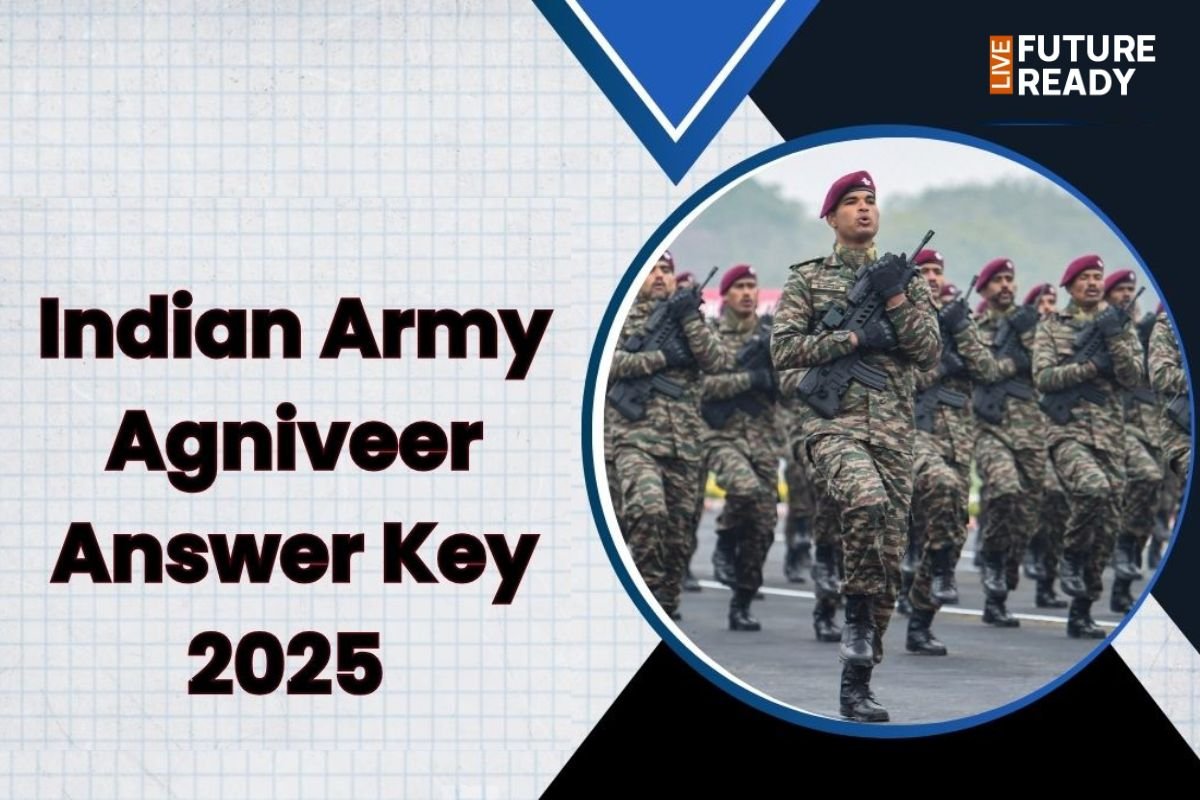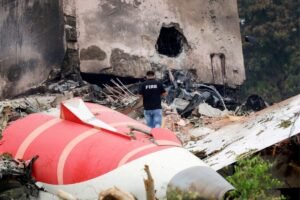The fatal crash of Air India Flight AI‑171 on June 12, 2025, in Ahmedabad resulted in devastating loss: 260 lives, including passengers and bystanders. The Aircraft Accident Investigation Bureau (AAIB) released a preliminary report, but India’s leading aviation unions quickly pushed back—raising serious concerns over bias, lack of transparency, and premature assumptions of pilot guilt.
What the Preliminary Report States
-
Both fuel control switches were moved from “RUN” to “CUTOFF” within seconds of takeoff, causing both engines to lose power.
-
No mechanical issue was detected; ** cockpit voice recorder** captured pilot dialogue:
-
First Officer asked: “Why did you cut off?”
-
Co-pilot: “I didn’t.”
-
-
Investigation is still focused on whether the action was deliberate or accidental, particularly involving Captain Sumeet Sabharwal and mental health evaluations.
Pilot Bodies Speak Out
ALPA-India (Airline Pilots’ Association)
-
Criticized the report’s tone and direction, alleging it assumes pilot fault from the outset.
-
Raised issues about the unsigned report, lack of core aviation professionals on the panel, and its leaked details to media before public publication.
-
Demanded inclusion of pilot representatives in the investigative process—possibly through legal channels.
IFALPA (Global Pilots’ Federation)
-
Called the report raises questions but offers no answers, stressing that preliminary data should not equate to conclusions, and cautioned against speculation that could hinder the investigation.
ICPA (Commercial Pilots’ Association)
-
Strongly objected to insinuations of pilot suicide, labeling such narratives “reckless and unfounded.”
-
Emphasized that pilots undergo regular psychological screenings and should not be vilified without evidence.
Why the Unions Raised Alarm
-
Presumed Guilt: The unions say the investigation memo appears to lean towards pilot error even before a complete analysis.
-
Transparency Issues: Leaks to media outlets—like the WSJ—preceded official publication, raising questions about credibility.
-
Expert Exclusion: Line pilots and seasoned aviation experts were reportedly not involved as investigators or observers.
-
Serious Allegations Without Proof: Speculation over sabotage or intentional shutdowns, or pilot suicide, arose too early—with no conclusive evidence so far.
For More :- Indian Army Agniveer Answer Key 2025: How, where to check
The Broader Debate
While the AAIB report cites the fuel switch movement as the likely cause, experts and union bodies stress waiting for the final comprehensive report. Civil Aviation authorities and Air India leadership have encouraged patience, stating that investigations are incomplete and urging restraint from speculation.
Final Thoughts
The pilot unions’ strong reaction to the AAIB preliminary report shows how critical impartiality, transparency, and proper expertise are in aviation inquiries. Assigning blame without full evidence risks not only reputational damage to innocent professionals but also undermines the integrity of future investigations.
Allowing experts, observers, and families to participate respectfully—and ensuring findings emerge from facts, not fear—is vital.
Read more on our website: Future Ready, your go-to platform for the best educational content and latest updates




















